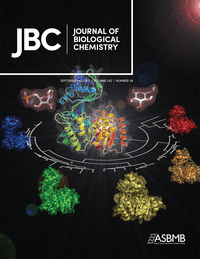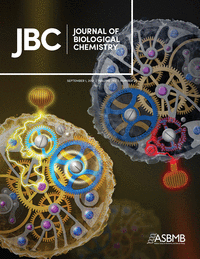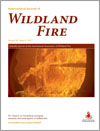
Too many papers cite retracted research — even after it’s been retracted. It’s a problem. It can be especially a problem in clinical fields, where patient care is at stake. Recently, Richard Gray at La Trobe University in Australia and his colleagues examined the scope of the problem in the nursing field, noting how many systematic reviews included findings from retracted clinical trials. We spoke with Gray about their findings, published in the International Journal of Nursing Studies — and what they might mean for the safety of patients.
Retraction Watch: Retractions are a concern in any field, but as you note, when clinical practice is at stake, it can be particularly worrisome. Do you think your findings raise any potential concerns about patient safety?

 The
The 





